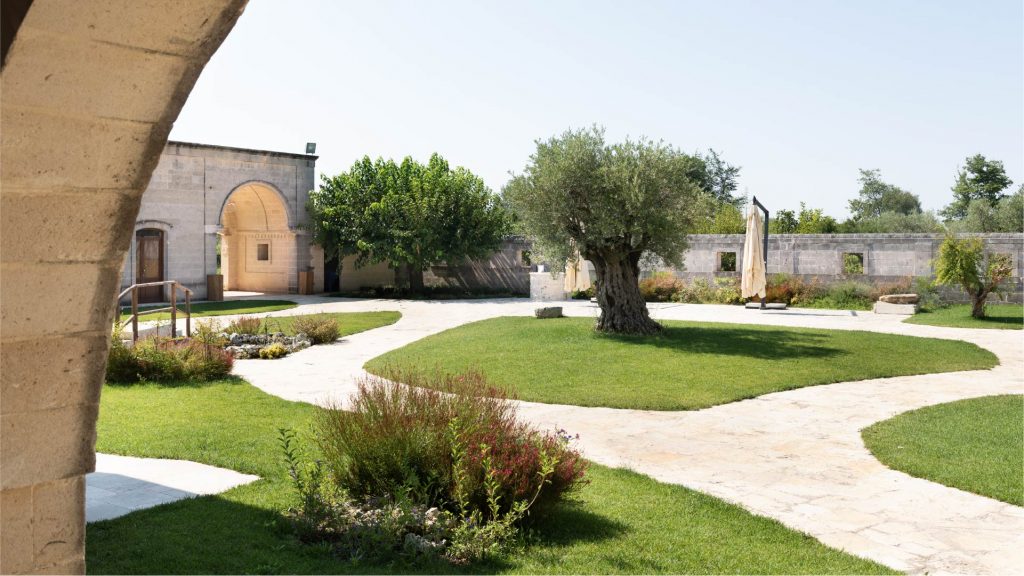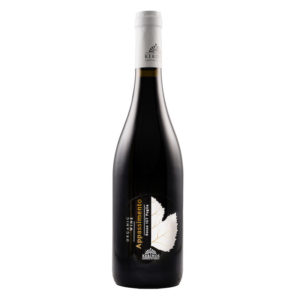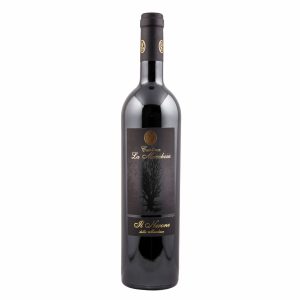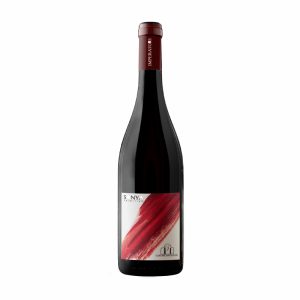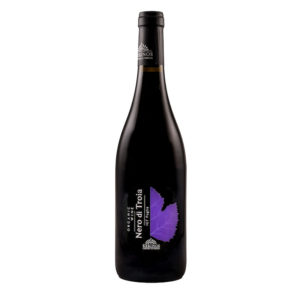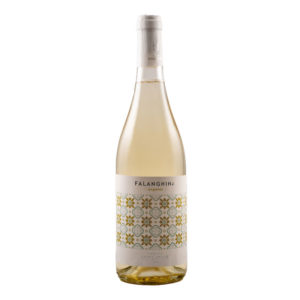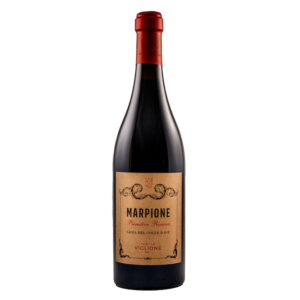Primitivo “Sellato” from Gioia del Colle offers a perfect harmony of power and finesse. Its bold fruit, earthy tones, and balanced acidity make it a versatile and rewarding wine. Whether enjoyed now or aged further, it maintains its elegance. The careful aging process in large oak barrels enhances its structure and depth, adding refinement without overpowering its natural vibrancy.
A true expression of Puglia’s winemaking heritage. This Primitivo is a must-try for lovers of structured yet fresh red wines.
Tenuta Viglione
Tenuta Viglione has deep roots in Puglia’s agricultural and viticultural traditions. The Zullo family, driven by a passion for winemaking, recognised the huge potential of the land between Gioia del Colle and Santeramo in Colle. For decades, they have produced exceptional wines, embracing the region’s unique terroir.
The estate cultivates 370 acres of vineyards at an average altitude of 450 meters. While Primitivo is the flagship grape, they also grow other indigenous varieties like Verdeca, Falanghina, Fiano, Negroamaro, and Nero di Troia. Their commitment to organic viticulture has been certified since 2005, ensuring wines that truly express the land’s purity and character.
Primitivo
The name Primitivo comes from the Italian word Primaticcio, meaning “first to ripen.” True to its name, it is among the earliest harvested grapes in Italy, usually picked in August.
This bold red variety thrives in Puglia, particularly in two distinct areas: the red soils of Taranto, where it produces Primitivo di Manduria, and the hills of Gioia del Colle in Bari, within the Murgia uplands.
Primitivo vines are moderately vigorous and mature early, yielding low to medium quantities. They are highly sensitive to drought, spring frosts, flower abortion, and extreme heat. The biggest challenge in cultivating Primitivo is its rapid over-ripening, which can occur within days, leading to shrivelling berries and a rapid loss of acidity and freshness.
The grape clusters are small, elongated, and loosely packed, with thin and delicate skins. This sensitivity makes them vulnerable to humidity and mold.
Primitivo reaches high alcohol levels with ease. Historically, winemakers used it to fortify more famous wines in France and Northern Italy. Known as Zinfandel in the USA, genetic studies in 1994 confirmed that the two varieties are identical.



